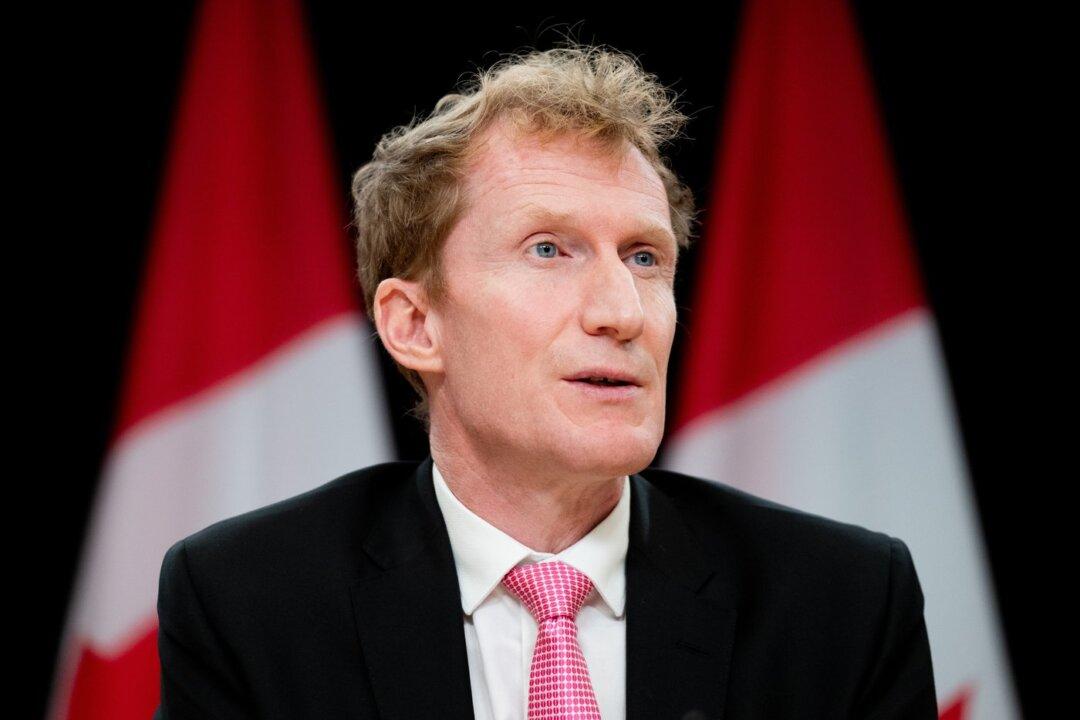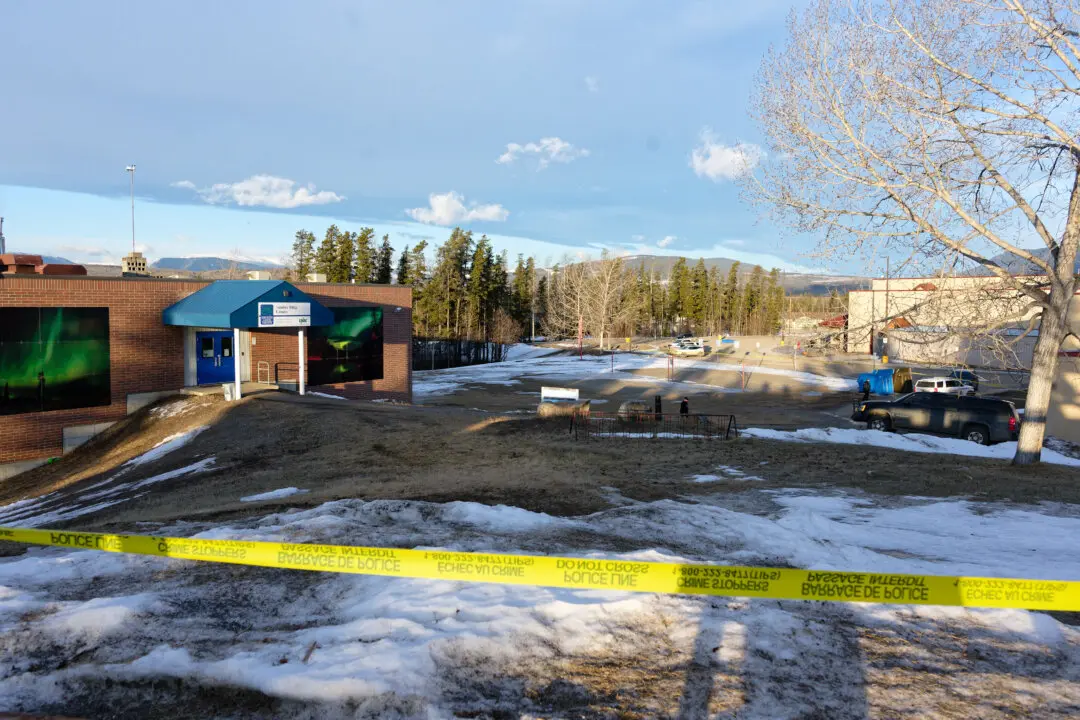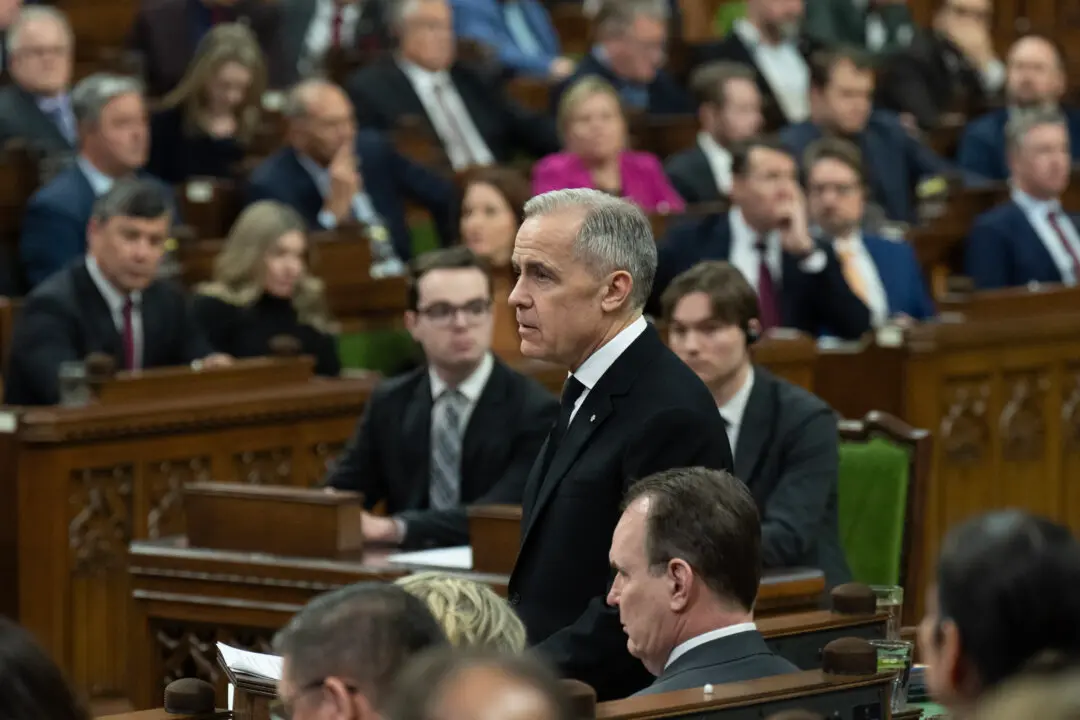Immigration Minister Marc Miller says Ottawa’s 1,000-person cap on temporary resident visas for Palestinians looking to escape the Gaza Strip is not set in stone.
Mr. Miller, in an interview on CTV News Channel’s Power Play, was adamant the federal government’s stated 1,000-person maximum for its temporary resident program is not absolute.





